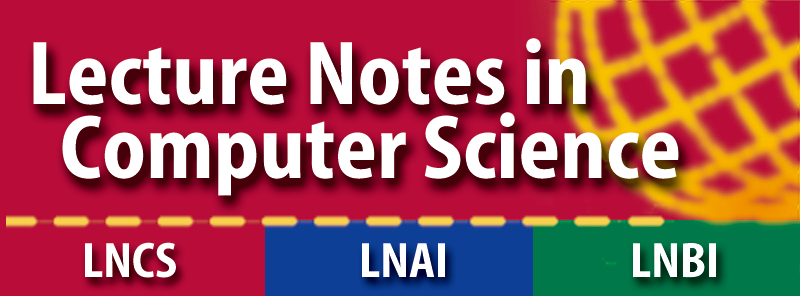Short & Accelerating innovation Papers

The International Conference on Theory and Practice of Digital Libraries (TPDL) is a yearly date for researchers on Digital Libraries and related topics. Over the years, TPDL was established as an important international forum focused on digital libraries and associated technical, practical, and social issues. TPDL encompasses the many meanings of the term “digital libraries,” embracing the whole spectrum of the Library, Archives, and Museums (LAM) community; operational information systems with all manner of digital content; new means of selecting, collecting, organizing, and distributing digital content; and theoretical models of information media, including document genres and electronic publishing. Digital libraries may be viewed as a new form of information institution or an extension of libraries' services.
Important dates
Note that all deadlines are 23:59 (11:59 pm) in the AoE (Anywhere on Earth) time zone on the date specified.
Main Conference: September 26–29, 2023
Short and Accelerating Innovation Papers:
- submission: 12 June 2023
- notification: 14 July 2023
- camera-ready for all the submissions: 24 July 2023
Submission
Click here to submit a paper.
Contribution types and submission guidelines
Short and Prototype Papers (up to 6 pages + unlimited references)
present high-quality, original research or tools or applications that are of relevance to the TPDL community. Submissions should present more focused or smaller studies, for example, preliminary results, ongoing work, or late-breaking results. Prototypes should ideally include a link to where the tool or application is available. Accepted papers will be published in the conference proceedings and presented as short conference talks.
Accelerating Innovation Papers (up to 4 pages + 1 page of references) present preliminary results about TPDL 2023 topics of interest. This track aims to speed up the transfer and sharing of new ideas and late-breaking results to accelerate innovation and make it thrive. Therefore, we are eager to receive provocative ideas, early-stage results opening up new perspectives or unveiling the potential for new approaches, project proposals and visions of the future, as part Ph.D./PostDoc projects. Accepted papers will be presented in a gong-show style and with a poster.
All papers must be in the Springer LNCS style. 
The review process is single-blind, so you can include the author names in the manuscript you submit.
Topics of Interest
Submissions are welcome concerning theory, architectures, data models, tools, services, infrastructures about the following topics (but not limited to):
Publishing science
- FAIR data and software
- Research objects
- Nanopublications
- Data and Information Lifecycle (creation, store, share, and reuse)
- Data and Document Provenance
- Linked Data and Open Data
- Digital Preservation and Curation
- Supporting Science Reproducibility
- Metadata
- Research Data Management
- Research Output Management
- Data Repositories and Archives
- Data and Research Infrastructure
- Data Stewardship
Discovering science
- Information Retrieval
- Data Search
- Research Data Discovery
- Recommendation systems
- Document (Text) Analysis in support of discovery
- Multimodal and Multilingual Data Access
Monitoring and assessment of science
- Data Citation
- Science of science
- Scientometrics and bibliometrics
- Scholarly Communication Knowledge Graphs
Knowledge creation
- AI / Machine Learning/ Data mining for DLs
- Knowledge Bases
- Entity Extraction and Linking
- Ontology
Digital Humanities
- Digital Cultural Heritage
- Digital Terminology
- Computational Linguistics
- Digital History
- Digital Archeology
- Knowledge Organization for Digital Humanities
- Digital Research Methods on Cultural Heritage
- Digital interfaces for Digital Humanities Research and Practice
Human-Computer Interaction
- User Interface and Experience in Cultural Heritage Institutions
- Information Interaction for Cultural Heritage Applications
- User Participation
- User Experience
- Information Visualization and Visual Analytics

